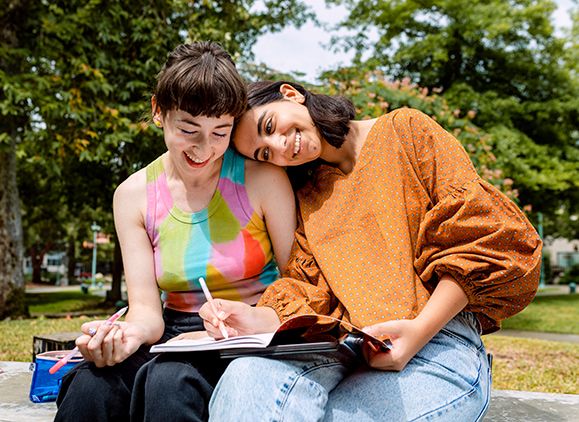
Pride Staff Network
Information on how the University of Sunderland's Pride Staff Network has run between 2021-22.
Close
Information on how the University of Sunderland's Pride Staff Network has run between 2021-22.
The Pride Staff Network (formally the All Identities Included Staff Network) was set up in 2019-20 as a way for community members and allies to be socially active while isolating during the Covid-19 pandemic.
As of August 2021:

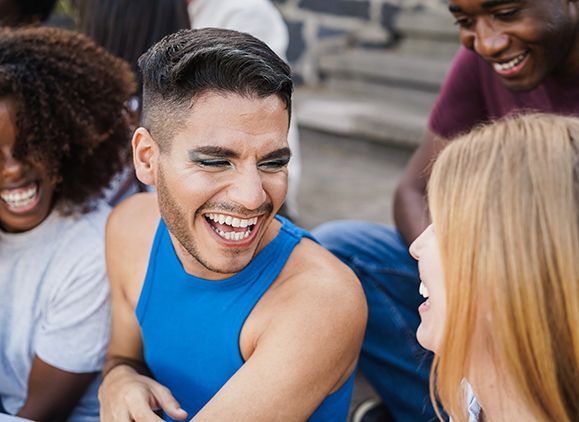


/filters:format(webp)/prod01/www-site-cdn-pxl-media/images/external-websites/www/about/equality-and-diversity/annual-report-2021/IMG_9146_5-06-2021-15-13-09-1-2316X2493.jpg)
Charlotte Feather
Academic Tutor
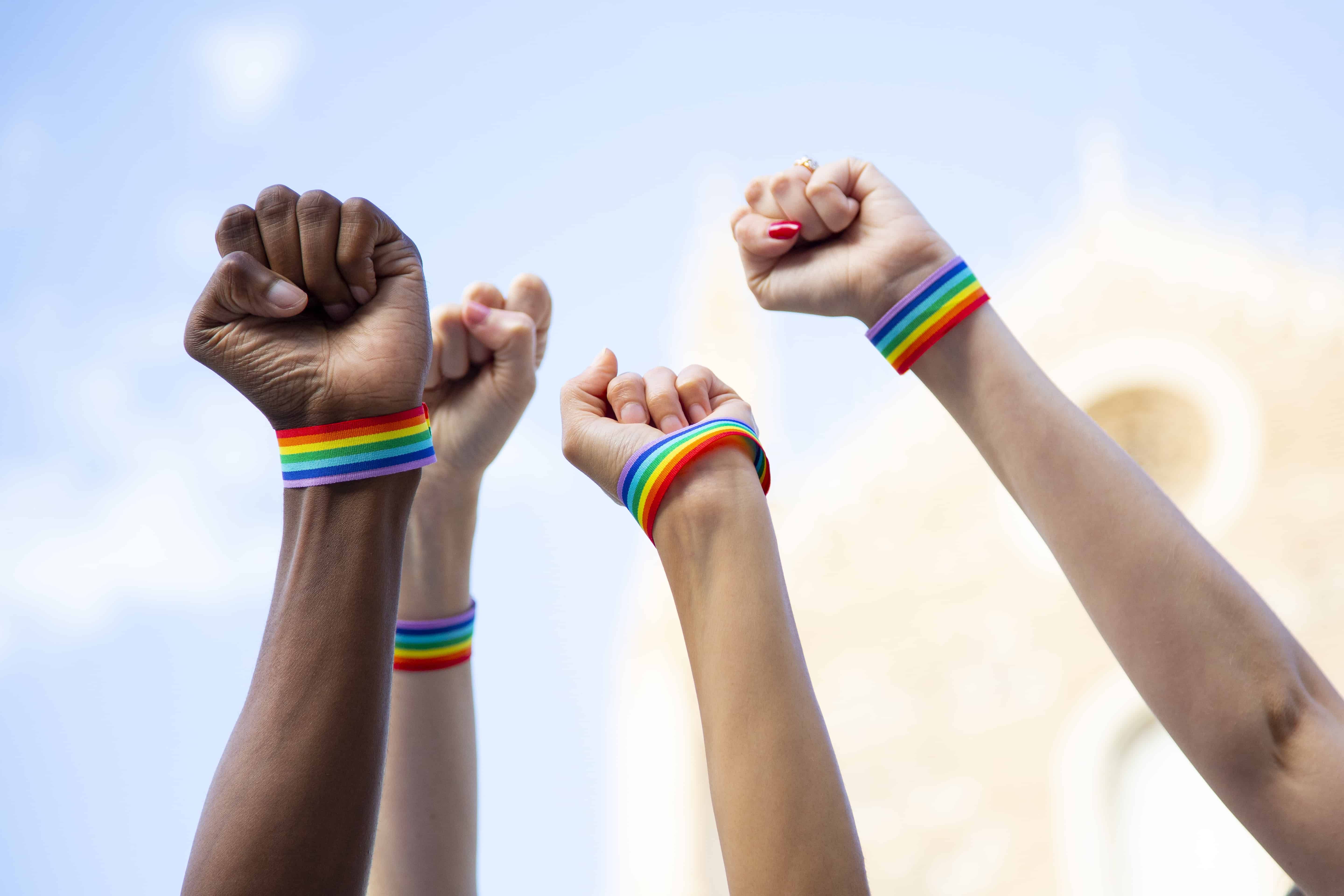
The Pride Network submitted to the Stonewall Equality Index for which we received a bronze award demonstrating our commitment to creating an inclusive workplace for our LGBTQI+ staff.
“Since 2020, the networks have evolved into a genuine support system for staff and a vehicle for institutional change. I am so proud to belong to a university with such a developed approach to staff networks and strong emphasis on inclusion. Despite the networks being a relatively new initiative, they have matured steadily into a very visible institutional priority and sit alongside other staff benefits at the core of the support offer. We are very lucky to have buy-in at Exec level, and an institutional appetite amongst staff to shape these networks and make them successful.”
Along with these tangible impacts the networks have written many articles and videos to raise awareness throughout the year a sample of which can be found here.

Reasons why members think the network should be inclusive include:
Reasons why members think the network should be exclusive include:
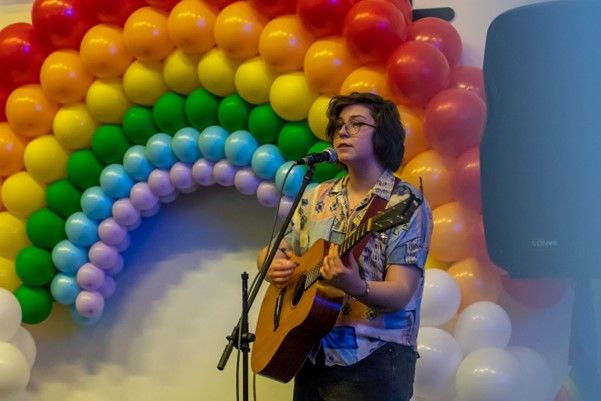

We asked the members of the Pride Staff Network their opinions.

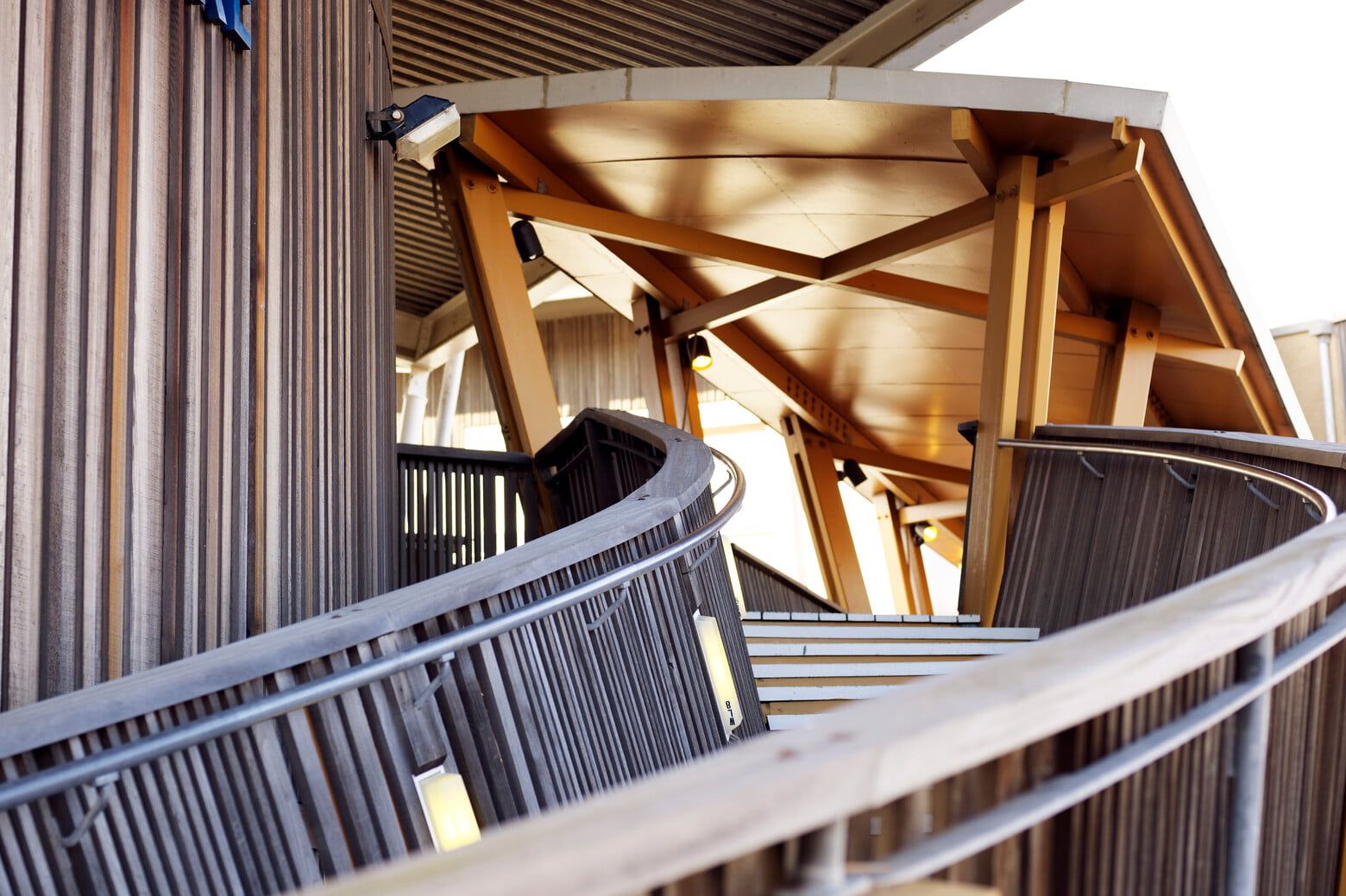
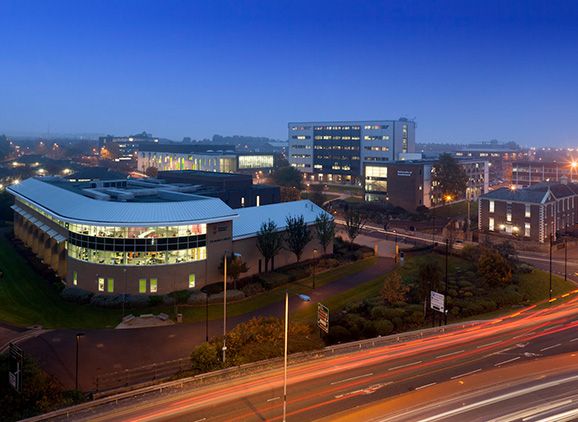
We welcome feedback on Equality, Diversity, Inclusion and Social Responsibility.
Please contact our Equality, Diversity and Inclusion Manager, justine.gillespie@sunderland.ac.uk or,
the Student Union LGBTQ+ Officer at yoursu@sunderland.ac.uk.